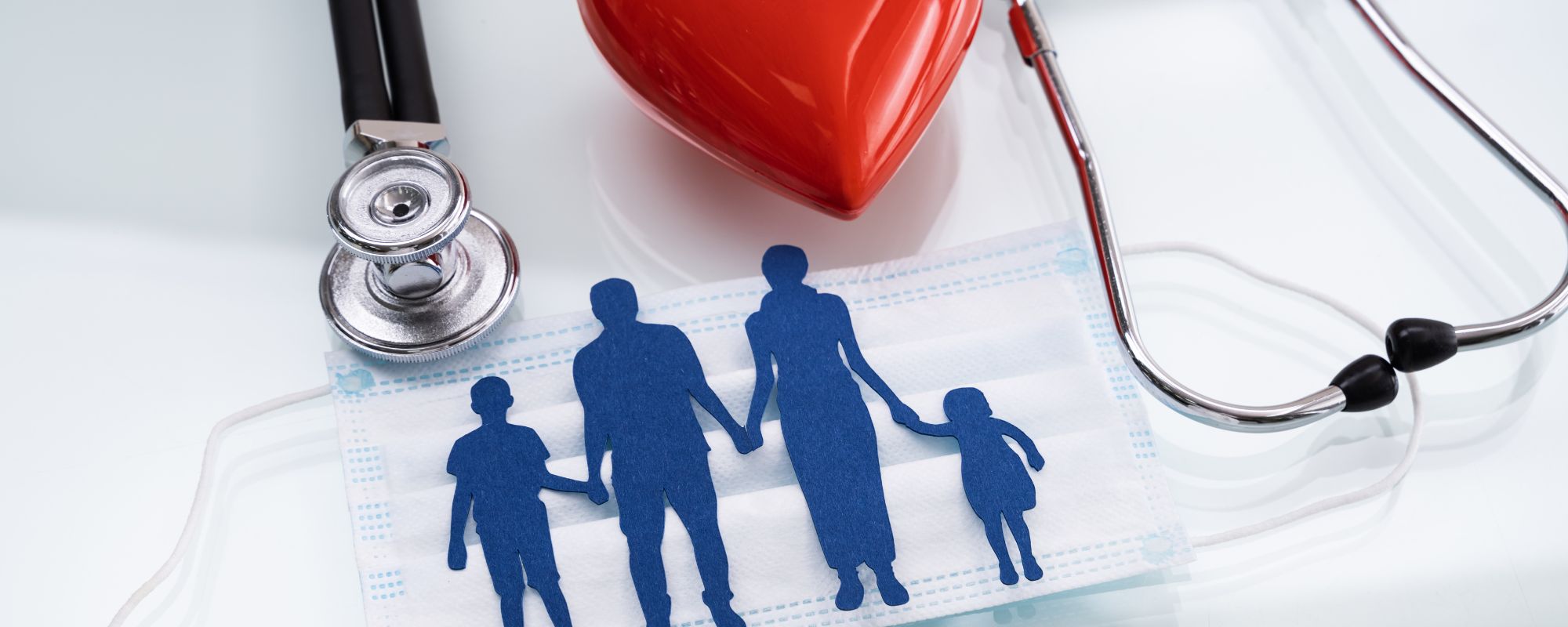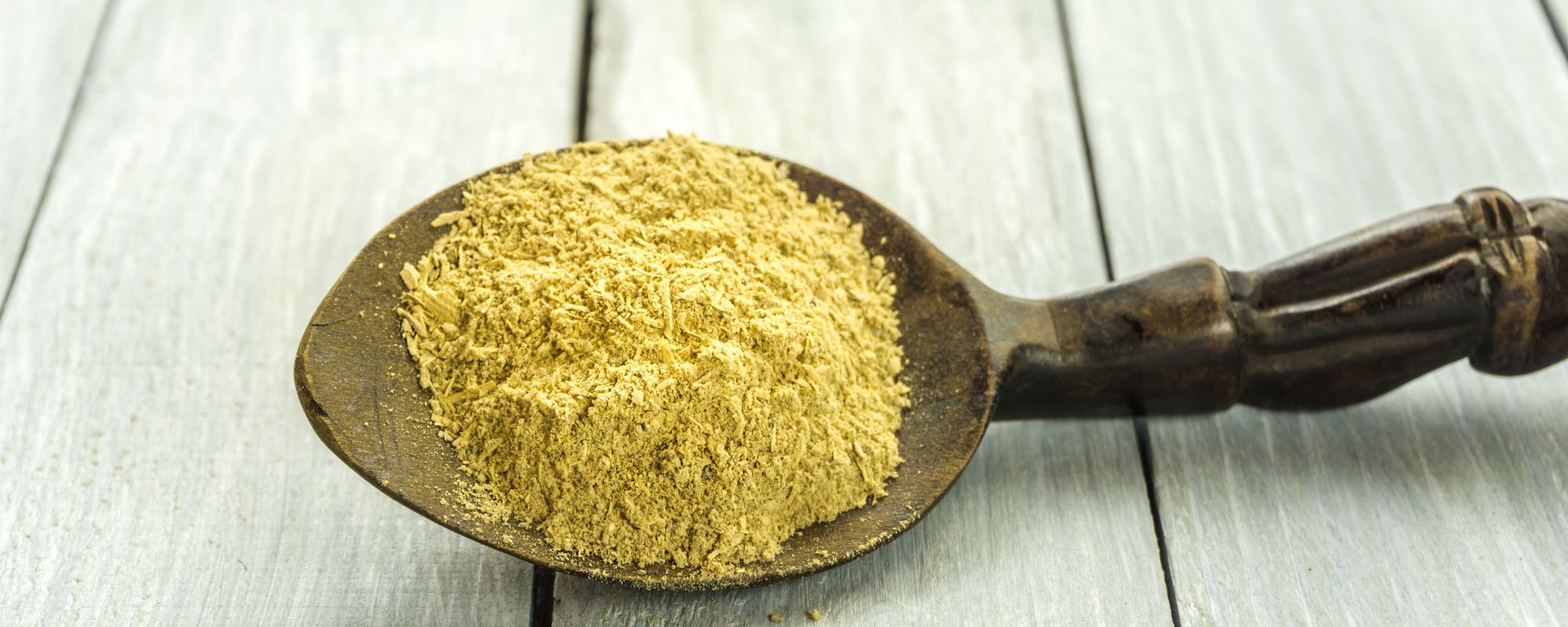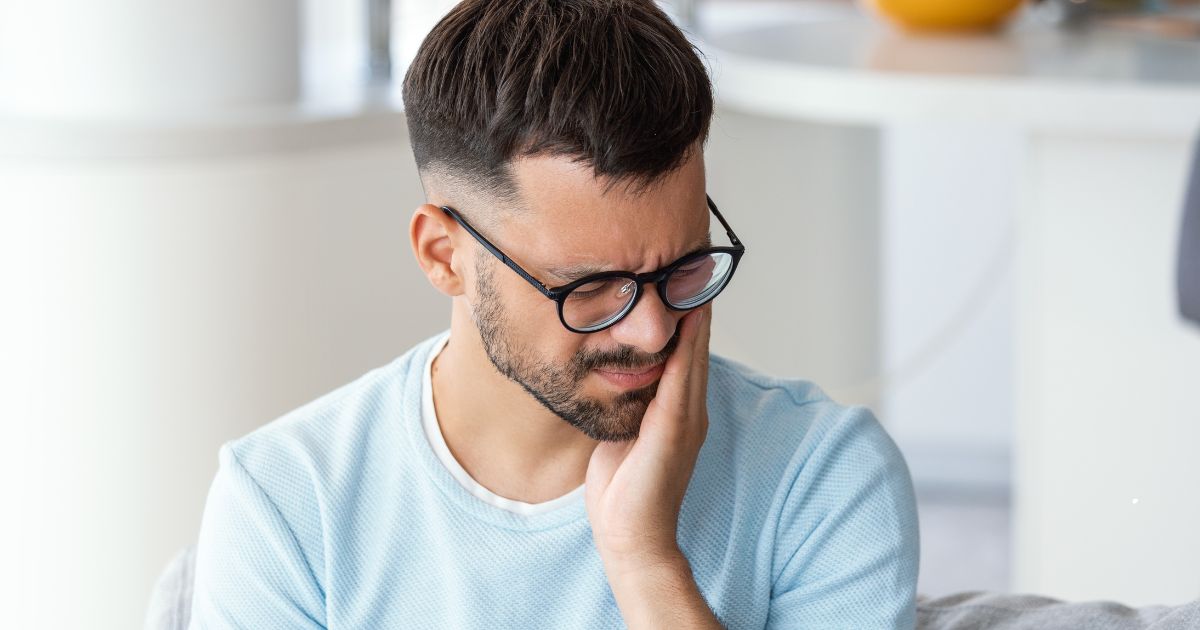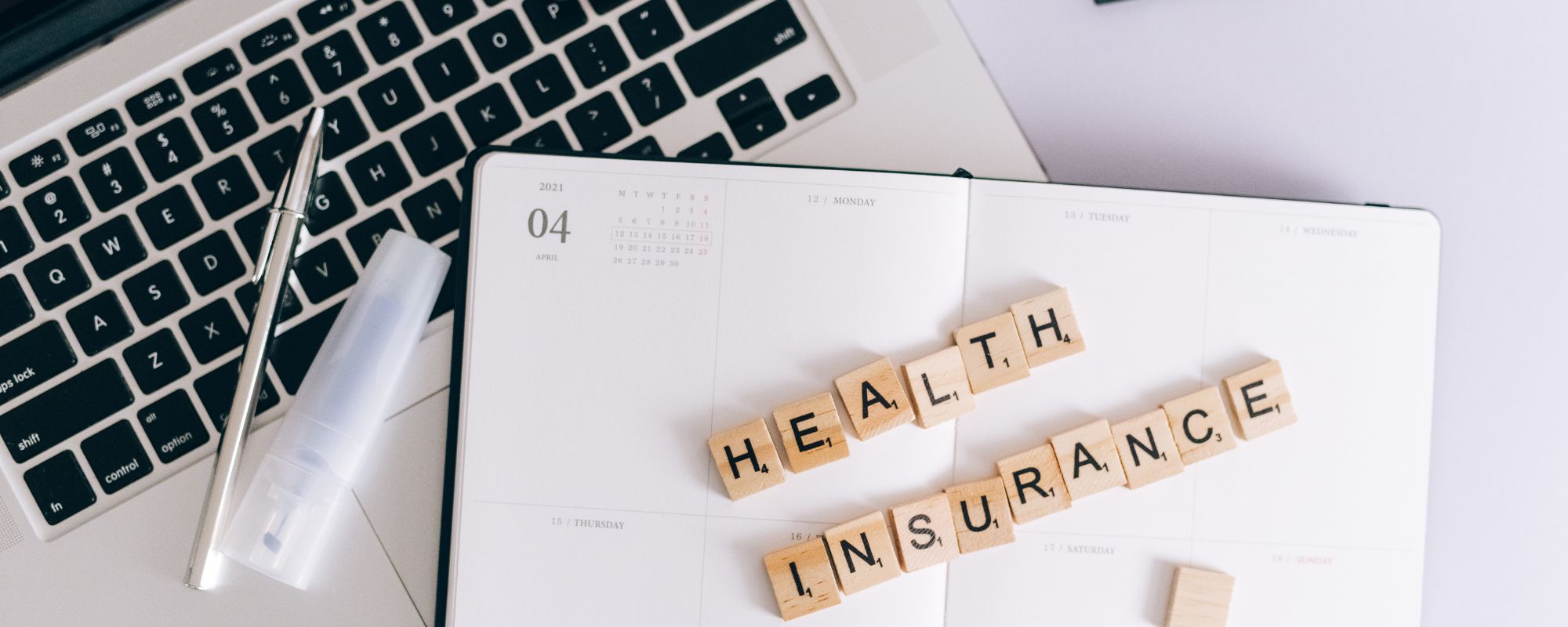Key Takeaways:
Drug detox is defined as the medically supervised process of clearing harmful substances from the body while managing withdrawal symptoms.
The typical detox period lasts about 4–10 days, depending on a person’s history of use and the substances involved.
During detox, individuals may receive medications, nutrients, and supportive care to ease withdrawal — including treatments for co-occurring conditions such as depression or anxiety.
Detox alone doesn’t cure addiction — but it prepares the body and mind for subsequent treatment (therapy, rehab, aftercare), which is critical for long-term recovery.
Question:
What is drug detox and how does it help?
Answer:
Drug detox serves as a vital first step on the road to sobriety, enabling the body to rid itself of toxins and manage often severe withdrawal symptoms in a safe, supervised environment. According to the article, the usual detox timeline is about 4–10 days, though this can vary based on an individual’s drug use history and the type of substance involved. During this period, medically supervised detox may include medication-assisted treatment (MAT), nutritional support, and mental-health care to ease physical and psychological stress. While detox clears the body and relieves immediate withdrawal, the article emphasizes that this is not a full recovery by itself — lasting sobriety depends on continued treatment afterwards.
Drug detox is a vital first step on the path to healing for anyone struggling to stop using substances. Addiction can range from occasional misuse to a severe substance use disorder (SUD), but no matter where you are on that spectrum, recovery is possible. For those ready to break free from drug dependence and embrace a healthier, sober life, detox provides the foundation for lasting change. At our drug recovery center in Washington, we offer comprehensive addiction treatment in a supportive, welcoming environment—and we’re here for you. If you’re curious about what drug detox involves and how it can help, read on.
What Is Drug Detox?
Drug detox is the process of removing toxins from substances from the body through professional help. It is available for both drug abuse and alcohol abuse cases. Typically, the detox stage for all drugs lasts about 4-10 days, which depends on the person’s drug use history.
Why Is Drug Detox Necessary?
People often wonder whether drug detox is necessary and whether they can complete the process on their own. Yes, drug detox is an important step towards sobriety. The reason to detox from drugs is to get through all the painful withdrawal symptoms in one fell swoop. However, this knowledge sometimes leads people to quit “cold turkey,” which is stopping drug use all at once. Unfortunately, quitting cold turkey can be dangerous, as withdrawal symptoms can be intense. It’s important to participate in monitored medical detox in a rehab center to ensure you get through the process safely.
Who Offers Drug Detox Near Me?
You can find professional drug detoxification nearby in our drug rehab center, Chapter 5 Recovery. In fact, we have multiple Royal Life Center locations around Washington state. When choosing a detox center to start your journey of sobriety, it’s advantageous to enter a facility close to home.
What Drugs Require Detox?
It can matter what type of drugs you have in your system when it comes to the question of detoxification. Not all drugs are addictive, requiring detox. However, any type of both prescription and street drugs can be abused. To elaborate, there are multiple types of drugs that act on the body and brain in different ways. If you’re not sure if you need to enter drug detox, here is a list of highly addictive drugs that do require detox. It’s imperative you consider getting help if you struggle with using drugs from any of these categories.
Opioids
Opioids are prescription painkillers that can be natural, synthetic, or semi-synthetic. In their natural state, opioids derive from the opium poppy grown in Asia and Latin America. Tragically, opioid addiction is a serious issue that is known as the opioid crisis. Opioids are used in hospital settings for post-surgery pain and cancer, as well as for acute and chronic pain. In the latter scenarios, people can receive prescriptions for opioids, but these are carefully administered because they’re so addictive. Opioids include fentanyl, morphine, codeine, oxycodone, methadone, and hydromorphone.
Methamphetamine
Methamphetamine, or meth for short, is a central nervous system stimulant that activates your system for energizing, sociable, and focused effects. Thus, methamphetamine and its larger category, amphetamines, are most commonly prescribed for attention-deficit hyperactivity disorder (ADHD) and sleep disorders. However, meth is largely abused, especially because it can be modified into crystal meth, an illicit street drug.
Benzodiazepines
Benzodiazepines are central nervous system depressants that calm, relax, and slow the body. They can be prescribed for anxiety, seizures, insomnia, and other issues with symptoms of restlessness. Some well-known benzos include Ativan, Xanax, Valium, and Klonopin. Because benzodiazepines are extremely habit-forming, they require medical detox to overcome addiction.
Cocaine
Cocaine is another central nervous system stimulant that can be used in medical settings as an anesthetic. However, most often cocaine is abused as a recreational street drug. People snort cocaine through the nose, rub it into the gums, smoke it, or inject it for a fast high. If you cannot stop using cocaine, you’ve developed a dependency and require detox.
What Is Detox from Drugs Like?
The scariest thing about drug detox is not knowing what to expect. Fortunately, the process is straightforward. The drug detox timeline is probably the most varied element, as the length depends on you and your drug use history. Over roughly 4-10 days, you will live in our professional drug detox center to receive 24/7 care. Naturally, you will experience withdrawal symptoms during detox as your body weans off of powerful drugs. To alleviate discomfort and make the process smoother, our team can administer nutrients and medication.
Managing Drug Withdrawal Symptoms
It’s important to go through detox at a medical facility, not at home by yourself, because of the severity of withdrawal symptoms. It can be dangerous to attempt to wean off drugs on your own, as symptoms can be debilitating and have unexpected outcomes. Thus, the best way to manage your withdrawal symptoms is with monitored medical care. Our team is able to provide fluids, vitamins and nutrients, and comfort medications.
Medication-Assisted Treatment (MAT)
Comfort medications are medicines for drug addiction that block and reduce the effects of drugs, including withdrawal symptoms. At Chapter 5 Recovery, we can administer FDA-approved medications like buprenorphine, naltrexone, and methadone. However, to ensure our guests don’t replace one drug addiction with another, we also teach them how to safely utilize medication for their drug addiction. Our medication-assisted treatment (MAT) program combines medication with therapy and counseling to ensure the roots of the issue are addressed. Because it can take time to find the right dosage, you’ll work with your in-center doctor to manage your prescription.
Around-the-Clock Care
An important element of medical detox in a facility is the accessibility and constancy of care. While undergoing the more painful and dangerous parts of detox, like withdrawal symptoms, you should not be alone. In Chapter 5’s detox program, you’ll have 24/7 aid and support for anything you need. Plus, at our drug treatment center we’re pleased to provide a good staff-to-guest ratio.
Medication for Depression
As mentioned, withdrawal symptoms accompany detox as part of the process of becoming sober. Withdrawal symptoms can be both physical and psychological in nature, and feelings of anxiety, fear, and depression are fairly common. With our medication-assisted treatment (MAT) offering, we can help alleviate your concerns, whether with anti-depressants, anti-anxiety meds, or substance addiction meds. In fact, we’re fully equipped to treat co-occurring disorders, such as depression coinciding with drug addiction. You will discuss all the details during your initial consultation meeting.
What Happens After Detox?
Once you complete the short process of medical detox, what’s next? By all intents and purposes, you have achieved sobriety by cleansing your body of drugs. Yet, you still have the same deep-rooted desires to return to drugs, and without further treatment, you risk relapsing. For lasting sobriety, we recommend you stay in treatment to participate in the next steps of recovery. Through inpatient treatment and outpatient treatment, you will learn to make sobriety a personal motivation.
Inpatient Drug Rehab
Inpatient treatment is a program where guests live in our drug addiction treatment center to participate in intensive recovery. It is an early stage of rehab for those who need the extra support of live-in care. Therefore, inpatient treatment helps keep people from relapsing while they are at their most vulnerable. During inpatient treatment, you will follow your individualized care plan, which combines traditional therapy, holistic counseling, and optional MAT.
Outpatient Drug Rehab
Once you reach a point of growth in your drug recovery journey, you can transition into outpatient treatment. This means you will move back home but attend daily sessions at Chapter 5 Recovery. Essentially, outpatient treatment is like a form of practicing being back in the “real world” as a fulfilled sober individual. Yet, you will still receive plenty of guidance and assistance from treatment, including in the realms of jobs and housing.
Aftercare
Aftercare is the time after completing outpatient rehab when you have technically graduated from drug abuse recovery. For anyone who wants to make the transition from treatment to normal life smoother, we offer aftercare support. In essence, we can connect you to Sober Living housing, recovery support groups, therapists, medication, and alumni events. Above all, know you are still part of the family and can turn to us for help!
Finding a Drug Detox Center
If everything above sounds like what you’re looking for and you’re ready for the next step, let’s take it together! It can be tricky to find a drug detox provider that meets all your expectations. At Chapter 5 Recovery in Washington, we can offer you an all-encompassing treatment program to eliminate your risk of relapse. You will participate in programming that is tailored to you. You’ll enjoy peace and safety in our facility near your home. We’d love to reserve a spot for you in our drug detox as soon as you’re ready to begin!
REFERENCES:
- Meth Mouth: The Tell-Tale Sign of Crystal Methamphetamine Abuse - January 26, 2026
- What Does Meth Look Like? How to Identify Crystal Methamphetamine - January 19, 2026
- Snorting Ice: Understanding Slang Terms for Crystal Meth Use - January 12, 2026






